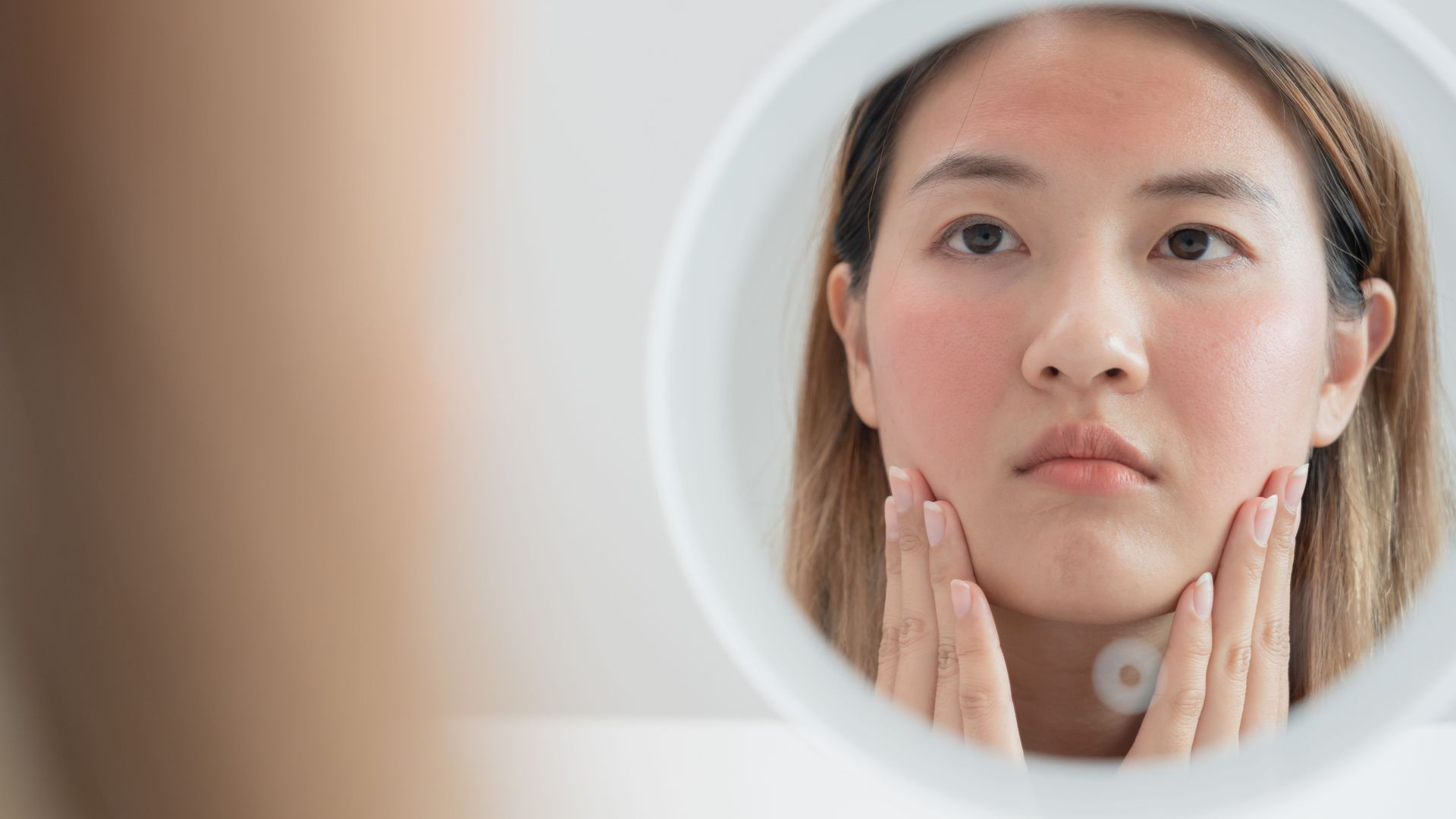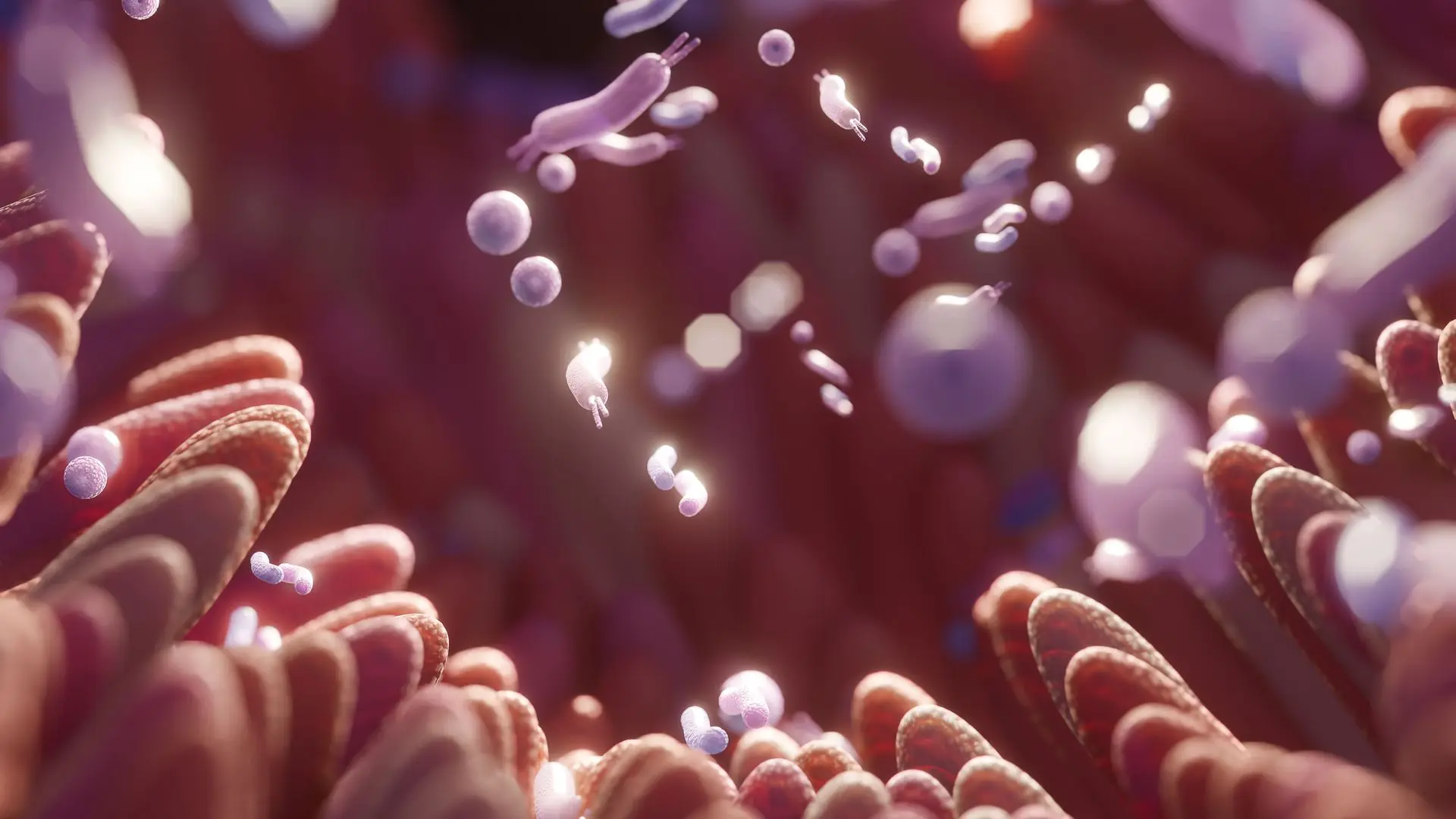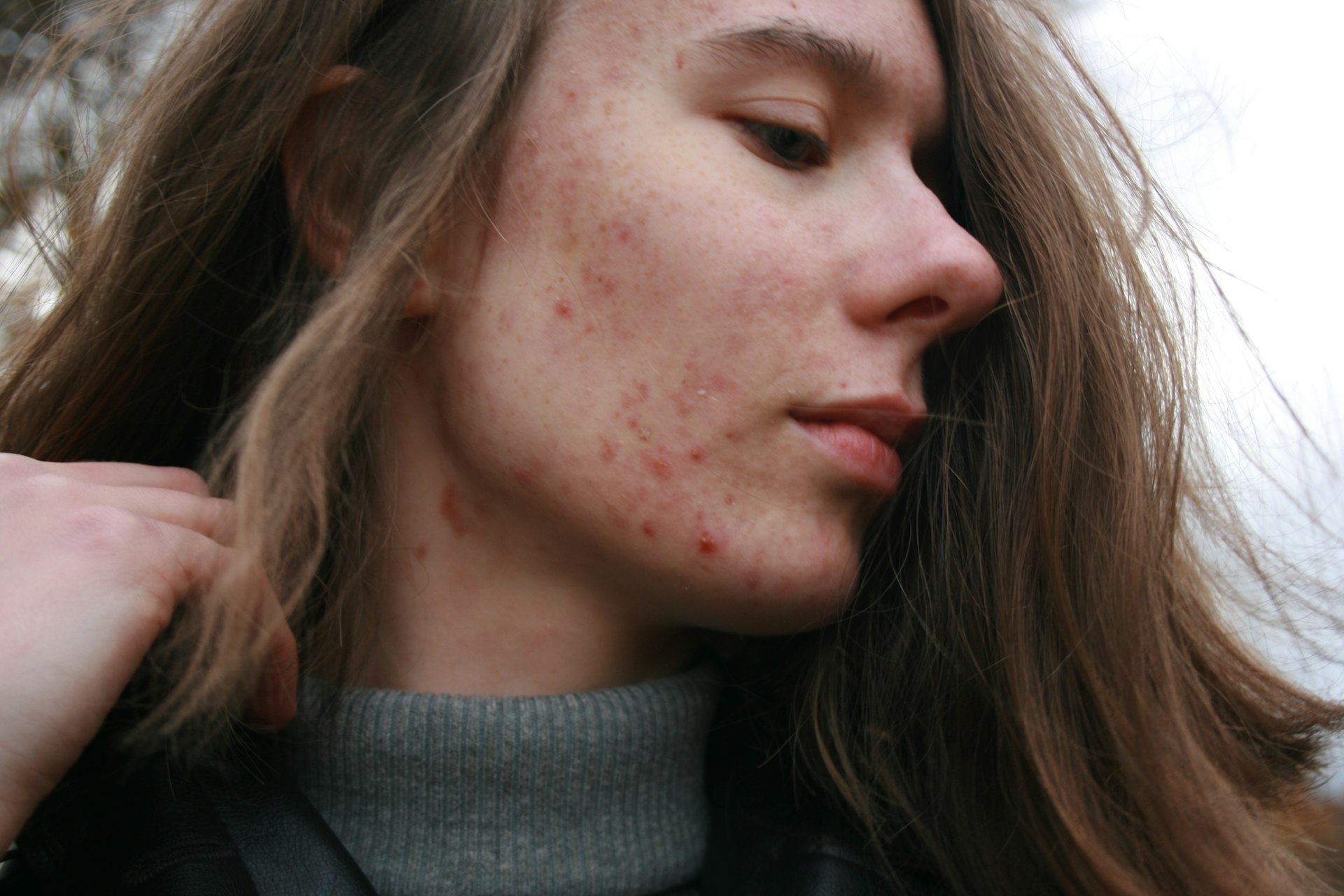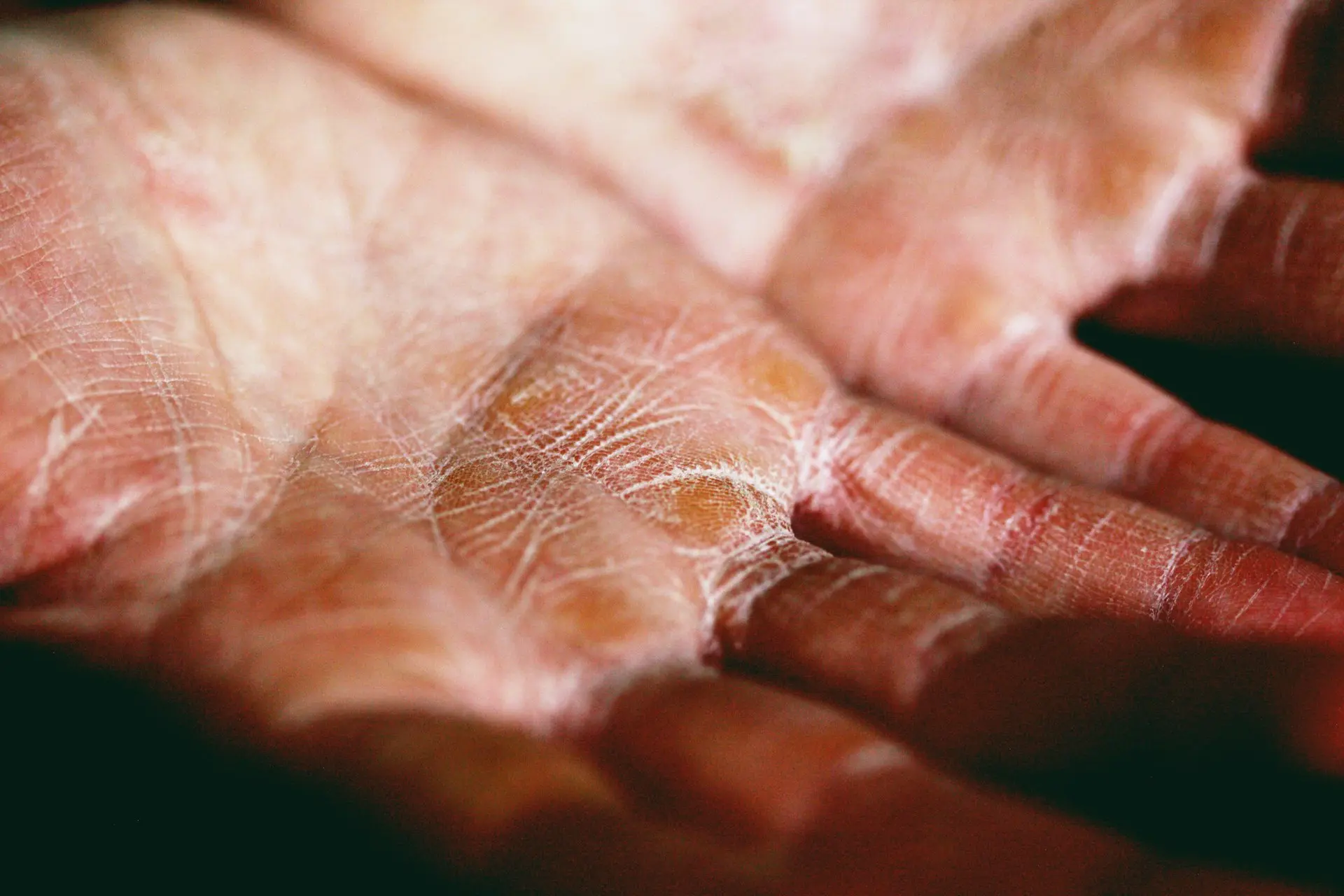The food we consume has a profound impact on the appearance and condition of our skin. Modern diets frequently miss the mark by lacking essential nutrients that our skin needs to thrive. Moreover, many of the foods we regularly eat can trigger inflammation, which in turn may worsen skin issues through systemic inflammatory processes.
Common offenders include refined sugars, processed carbohydrates, an excess of omega-6 fats, additives, and alcohol. It's worth noting that alcohol not only disrupts your gut lining and promotes the growth of harmful gut bacteria but can also elevate estrogen levels. For those seeking healthier skin, reducing alcohol intake is a sensible choice.
Transforming your skin health begins with a nutrient-rich, whole foods diet that minimises processed ingredients and inflammation. Our "Eat to Achieve" nutrition guide is designed to walk you through the precise steps needed to transition to a healthier eating pattern, empowering you with the knowledge and tools to nourish your skin from within.
Real Food Heals Your Skin

 Ensuring your diet includes these essential elements can make a significant difference in your skin’s health and radiance.
Ensuring your diet includes these essential elements can make a significant difference in your skin’s health and radiance.


